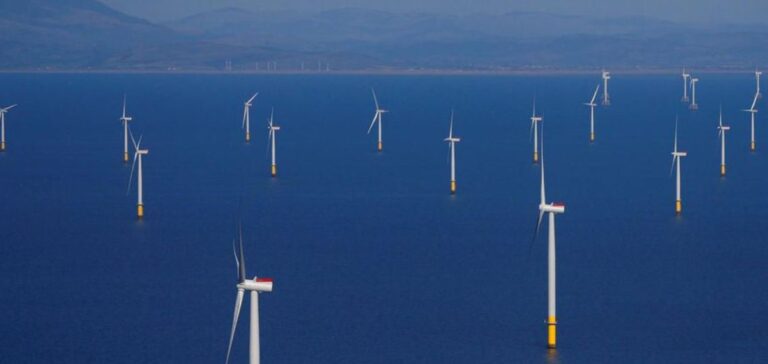The Netherlands has just concluded its largest-ever offshore wind project award, granting permits for two projects of 2 GW each in the Ijmuiden Ver area. The concessions have been awarded to two international consortia, according to a recent announcement by the Dutch Ministry of Energy. This award marks a significant step for the country in its energy transition, despite complex market conditions. The Zeevonk II consortium, made up of Swedish company Vattenfall and CIP (Copenhagen Infrastructure Partners), won the Beta site. The project will focus on system integration, including an electrolysis plant at the port of Rotterdam. The Noordzeker consortium, comprising Dutch pension funds ABP and APG and UK company SSE Renewables, has been awarded the Alpha site, with a focus on nature protection in the North Sea.
Market Conditions and Financial Offers
Current market conditions have become more complicated,” said Rob Jetten, Dutch Minister for Energy and Climate. Despite this, the consortia were able to propose projects without subsidies, accompanied by financial offers for permits. Zeevonk II offered €20 million a year over a 40-year period, while Noordzeker offered over €1 million a year for the same duration. These projects include innovative measures to minimize environmental impact. Noordzeker, for example, plans to install artificial reefs around wind turbines and turbines designed to protect seabirds. In addition, Zeevonk II will build a 1 GW hydrogen production plant in Maasvlakte, strengthening the Netherlands’ green infrastructure.
Objectives and Challenges of the Energy Transition
The projects awarded are in line with the Dutch objective of achieving at least 10 GW of offshore wind power capacity by 2030. The next award, scheduled for the third quarter of 2025, will also include two sites of 2 GW each, with financial offers included. However, delays have been announced for five offshore wind projects, pushing back the 21 GW target to 2032. The main cause of this time lag is tension in the wind farm supply chain, particularly for offshore transmission links.
Economic Impact and Future Prospects
The cost of producing electrolytic hydrogen in Europe remains high, with an average price of $4.39/kg in April for alkaline electrolysis in the Netherlands. Capture prices for offshore wind power in Germany, a proxy close to Dutch prices, have fallen considerably in 2023 compared to the record highs of 2022. The energy generated by these new projects will help stabilize electricity market prices, while promoting the transition to more sustainable energy sources. The Dutch electricity market for delivery in 2030 stood at €65.36/MWh, reflecting a downward trend on previous levels. These developments highlight the challenges and opportunities of the energy transition in the Netherlands, with a particular focus on technological innovations and environmental protection measures.
The Netherlands continues to play a leading role in the offshore wind sector, while navigating increasingly complex market conditions and significant logistical challenges. Future projects and concession awards will be crucial to achieving the country’s energy objectives and ensuring a successful transition to a green economy.






















